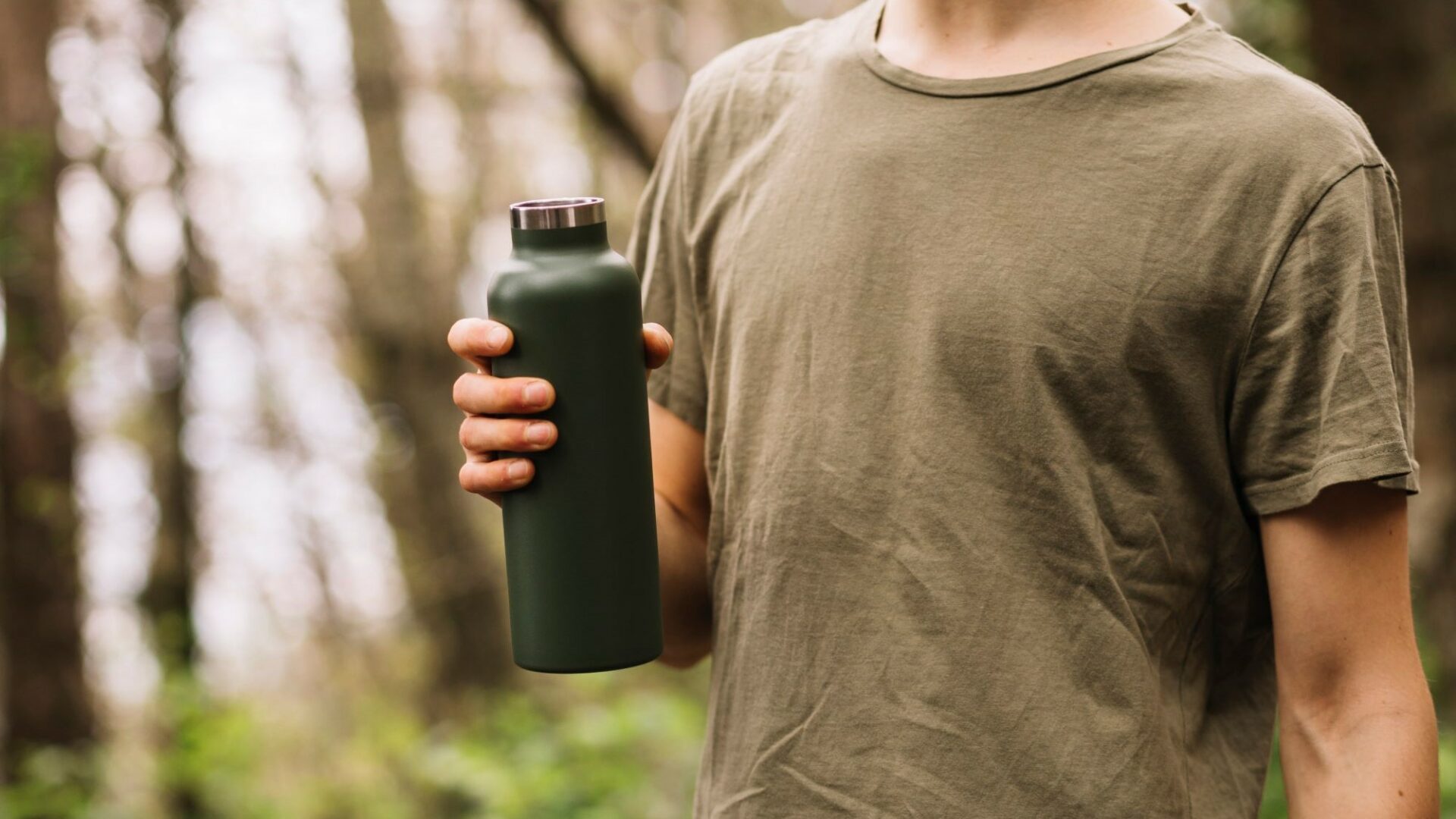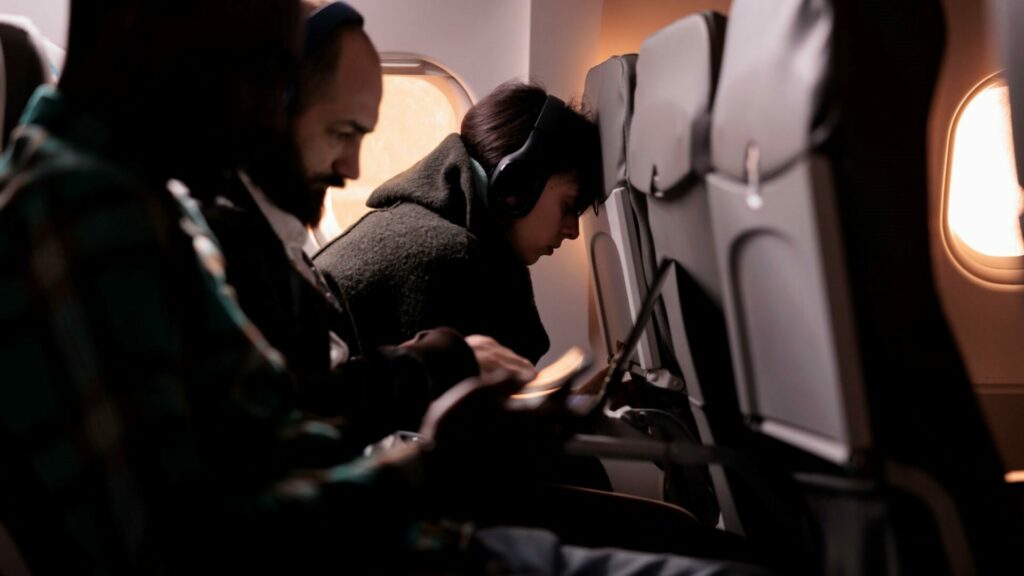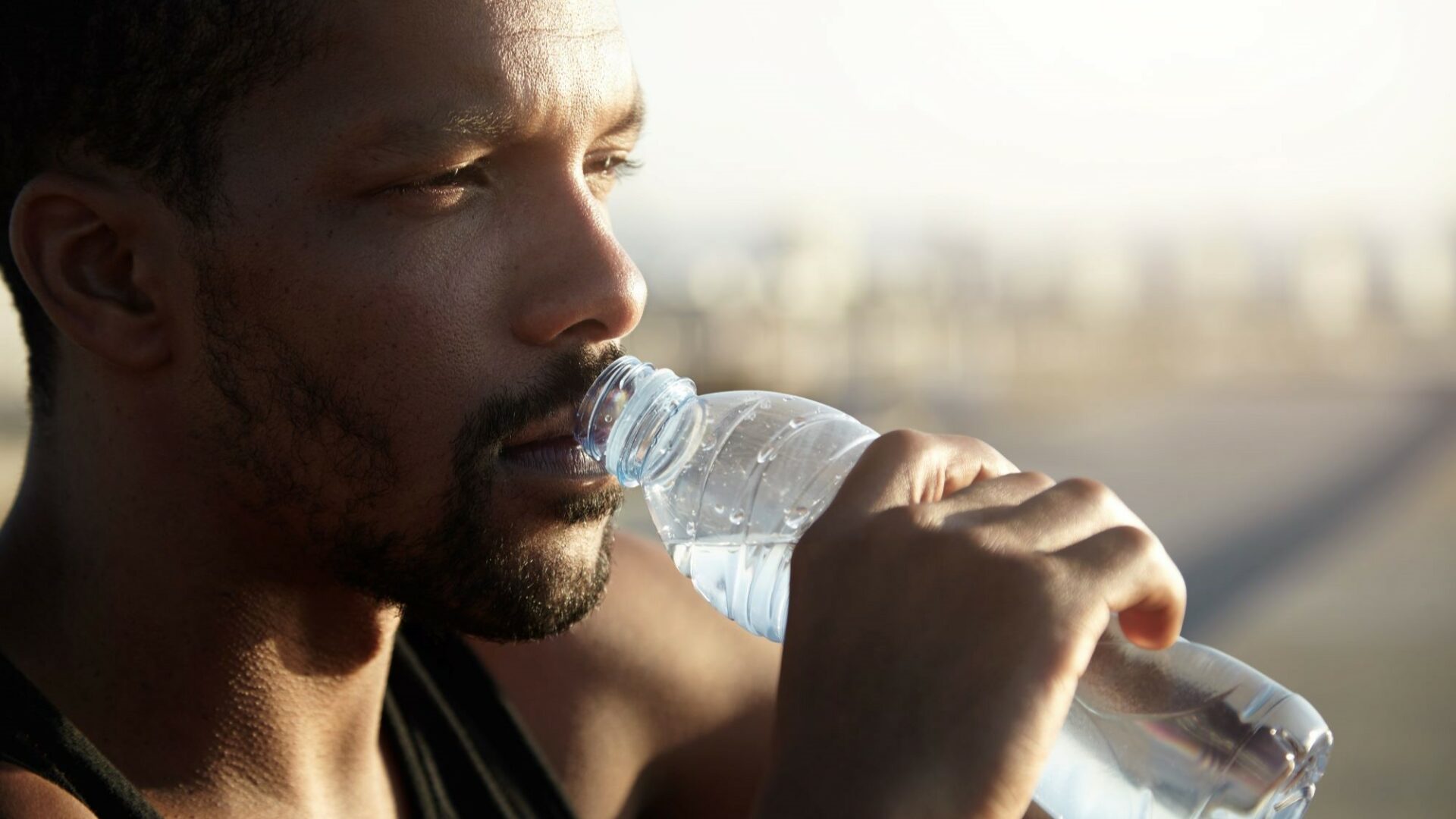
Hydration is important for any person, but for tradies working in the hot sun it becomes even more critical.
What is Hydration?
Hydration refers to the process of supplying the body with adequate fluids, primarily water, to maintain proper bodily functions.
Water is critical for various bodily processes, including regulating temperature, aiding digestion, delivering nutrients around the body and removing waste. When you’re properly hydrated, your body can perform these functions efficiently.
Conversely, dehydration occurs when the body doesn’t have enough fluids, which can lead to thirst, dry mouth, fatigue and even more severe complications if left unaddressed. Being properly hydrated is essential for overall health and wellbeing.
How Much Water Do You Need Per Day to Stay Hydrated?
In Australia, it’s recommended that:
- men drink 10 cups a day
- women drink 8 cups a day
- children drink 4-8 cups a day (depending on sex and age).
One cup = 250ml in Australia.
The amount of water each person needs various based on factors like age, weight, activity level and climate. For example, a ceiling insulation installer working in a hot and stuffy roof space will naturally need much more water than a hotel receptionist who sits in a large room with the air conditioner running.
Is There a Point at Which You've Overhydrated?
Yes, it’s possible to drink too much water, although it’s pretty rare.
Water intoxication, also called water poisoning, overhydration or hyponatremia, is a severe disruption in brain function that can be fatal. It occurs when excessive water consumption pushes the body’s electrolyte balance beyond safe limits.
Water intoxication can lead to symptoms like headaches, nausea, confusion, and in severe cases, seizures or coma. These severe symptoms are much more common for endurance athletes who drink excessive amounts of water without replacing electrolytes lost through sweat.
What Can Cause Dehydration?
On the opposite end of the spectrum is dehydration, which occurs when the body loses more fluids than it takes in. This leads to an imbalance in essential minerals and electrolytes.
Dehydration can be caused by various factors, including:
- Inadequate fluid intake. Not drinking enough water or fluids throughout the day can lead to dehydration.
- Excessive sweating. Intense physical activity, prolonged exposure to heat or high temperatures can cause excessive sweating, leading to fluid loss and dehydration if not adequately replenished.
- Diarrhea and vomiting. These conditions can result in rapid fluid loss and electrolyte imbalances.
- Fever. A high fever can increase the body’s temperature and metabolic rate, leading to increased sweating and fluid loss, which may contribute to dehydration.
- Certain medical conditions. Health issues such as diabetes, kidney disease, adrenal gland disorders and gastrointestinal conditions can affect fluid balance and increase the risk of dehydration.
- Medications. Some medications, such as diuretics (water pills), laxatives and certain blood pressure medications, can increase urine output or fluid loss through other means.
- Alcohol consumption. Alcohol is a diuretic, meaning it promotes urine production and can contribute to dehydration if consumed excessively without adequate water intake.
Where Do Most People Get Dehydrated?
Many people get dehydrated:
- outdoors in hot weather
- indoor environments with dry air
- while playing sport or exercising
- at high altitudes
- in airplanes
- in the workplace while doing physical labour
- at home while sick.

Signs and Risks of Dehydration
There are various indicators that someone may be dehydrated. Mild to moderate dehydration may result in:
- thirst
- dry mouth, lips and tongue
- dry skin
- sunken eyes
- headaches
- dizziness or lightheadedness, especially when standing up
- dark urine and decreased urine output.
Signs of severe dehydration include:
- a very dry mouth
- extreme thirst
- rapid breathing
- quickened heart rate
- low blood pressure
- fever
- little or no urine output
- becoming irritated easily
- confusion
- drowsiness
- seizures
- kidney failure
- shock
- coma
- death.
Benefits of Staying Properly Hydrated
Staying properly hydrated offers numerous benefits, including:
- regulating body temperature
- improving physical performance and cognitive function
- flushing out toxins
- supporting digestion and skin health
- boosting the immune system
- alleviating headaches
- promoting heart health
- improving mood.
Tips for Staying Hydrated as a Tradie
As a tradie, staying hydrated is crucial, especially given the physical demands of your job. Below are are some tips to help you stay hydrated while working:
Hydrate from the morning
Start your day off right by drinking water before you even begin work. Aim to drink a glass or two of water as soon as you wake up to kickstart your hydration.
Use reminders
Set reminders on your phone or watch to prompt you to drink water regularly throughout the day. It’s easy to get caught up in your work and forget to hydrate, so these reminders can help keep you on track. Apart from that, aim to drink water before starting a job, during breaks and after completing physically demanding tasks (e.g. lifting several heavy bags of insulation into a roof).
Easy-to-reach water placement
Try your best to stay ahead of thirst. If it’s a very hot day, keep water bottles strategically placed around the work area so that you can easily access them when needed. This could include having a water bottle in your tool belt or within arm’s reach at your workstation. Hydration packs and vests are also excellent options if you want easy access to water at all times and don’t mind some extra weight on your back.
Electrolyte replenishment
When you’re sweating heavily due to physical exertion, you’re not just losing water, but also electrolytes. Consider drinking electrolyte-rich drinks or eating snacks like bananas and nuts to replenish lost electrolytes.
Hydrating snacks and meals
Incorporate hydrating foods into your snacks and meals. Fruits like watermelon and oranges and vegetables like cucumbers and celery are excellent options to help boost your hydration levels. Packing a nutritious lunch (e.g. leftover lasagne, stir fry or a healthy sandwich) will contribute less to dehydration than a greasy takeaway meal will.
Avoid sugary drinks
While it might be tempting to reach for sugary drinks for a quick energy boost, they can actually contribute to dehydration. Opt for water instead.
Take breaks in shaded areas
If you’re working outdoors (e.g. as a carpenter or landscaper), try to take regular breaks in shaded areas to avoid constant, direct exposure to the sun. This can help prevent excessive sweating and dehydration. It’s also crucial to wear sunscreen, on both cloudy and sunny days.

Hydration Myths
There are several myths and misconceptions surrounding hydration that can sometimes lead to confusion. Here are some common hydration myths debunked:
“You only need to drink water when you’re thirsty.”
While thirst is a signal that your body needs water, relying solely on thirst to dictate your hydration isn’t healthy. It’s important to drink water regularly throughout the day, even if you don’t feel thirsty.
“Caffeinated beverages dehydrate you.”
While caffeine is a diuretic (i.e. can increase urine production), moderate consumption of caffeinated beverages like coffee and tea doesn’t lead to dehydration in the long term. These beverages still contribute to your overall fluid intake.
“Sports drinks are always better than water for hydration.”
Sports drinks can be beneficial during intense or prolonged exercise to replenish electrolytes lost through sweat, but they’re not necessary for everyday hydration. In most cases, water is sufficient for staying hydrated, especially for moderate physical activity.
“You can’t get dehydrated in cold weather.”
Dehydration can occur in cold weather just as it can in hot weather. Cold temperatures, combined with dry air and increased respiratory water loss, can contribute to dehydration.
“All fluids contribute equally to hydration.”
Water is the best hydrating fluid. However, other beverages like milk, juice and herbal teas also contribute to your overall fluid intake.
Staying Hydrated as an Insulation Installer
If you’re an insulation installer in Canberra, Sydney or any other Australian region, you’ll know that roof spaces can become a sauna in summer. Underfloors are thankfully slightly cooler to work in, but regardless, hydration is extremely important. Remember to drink water regularly while on the job and take breaks when necessary.
